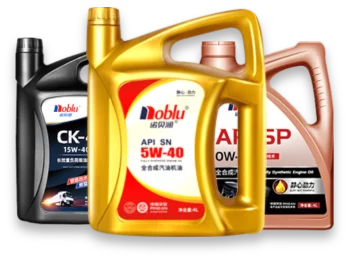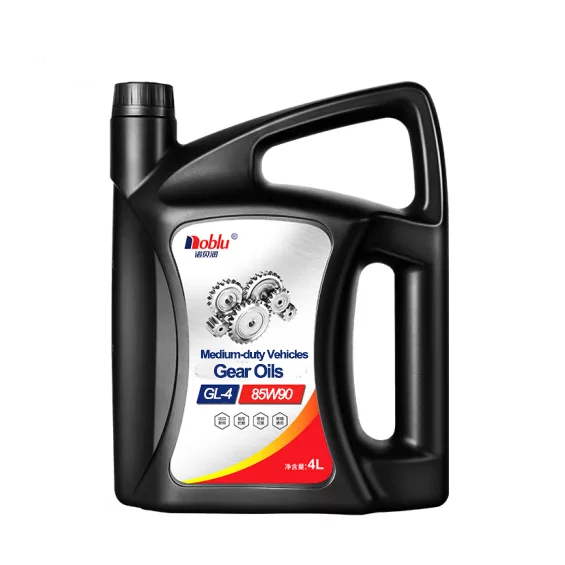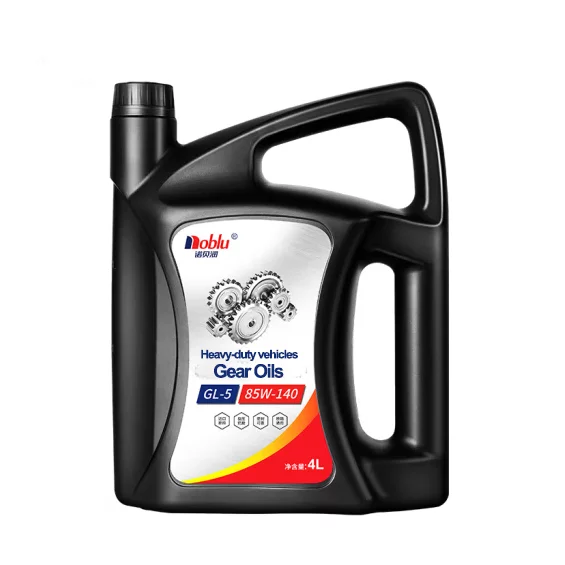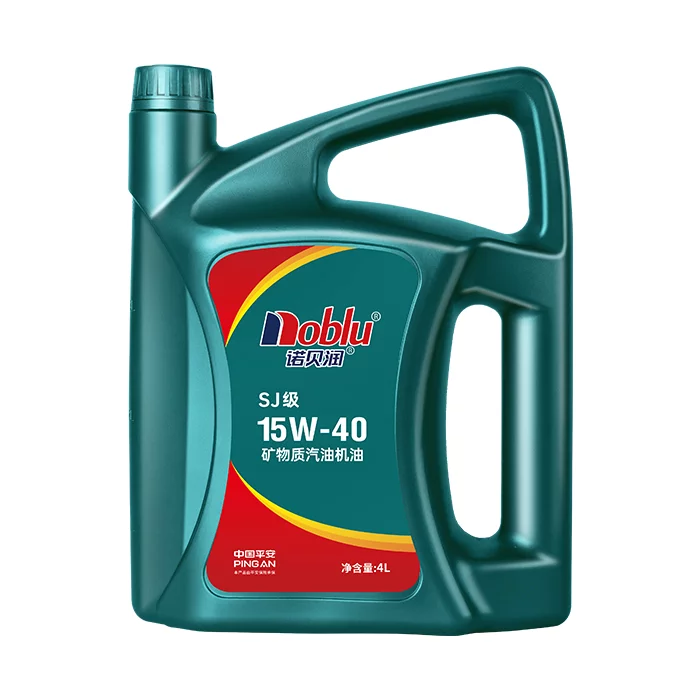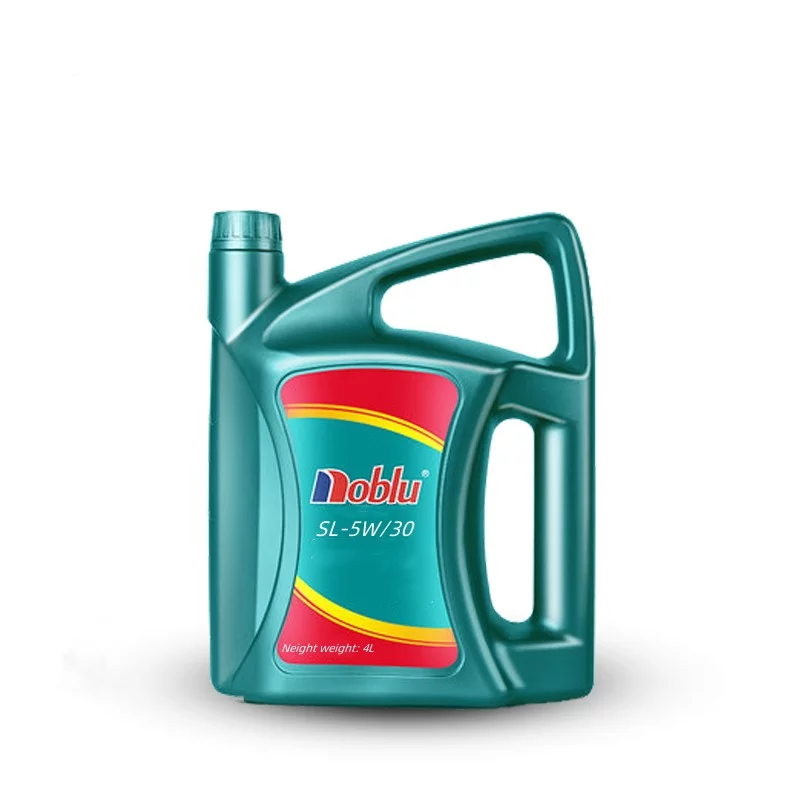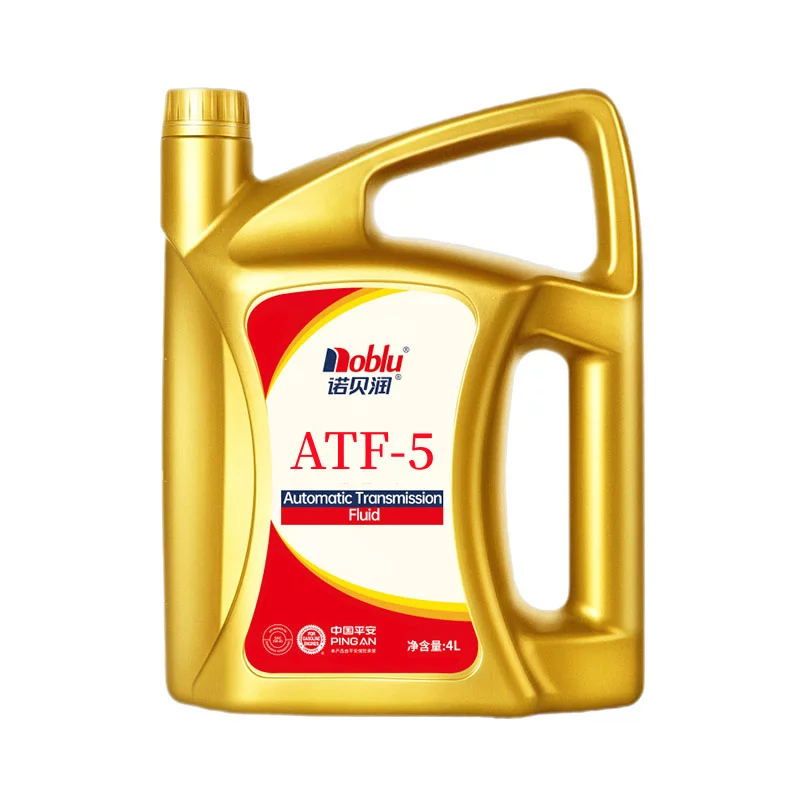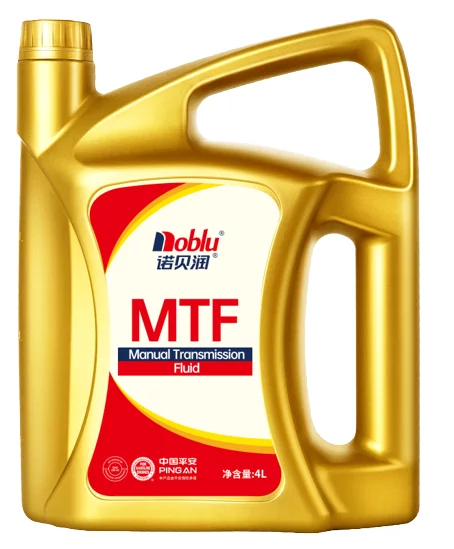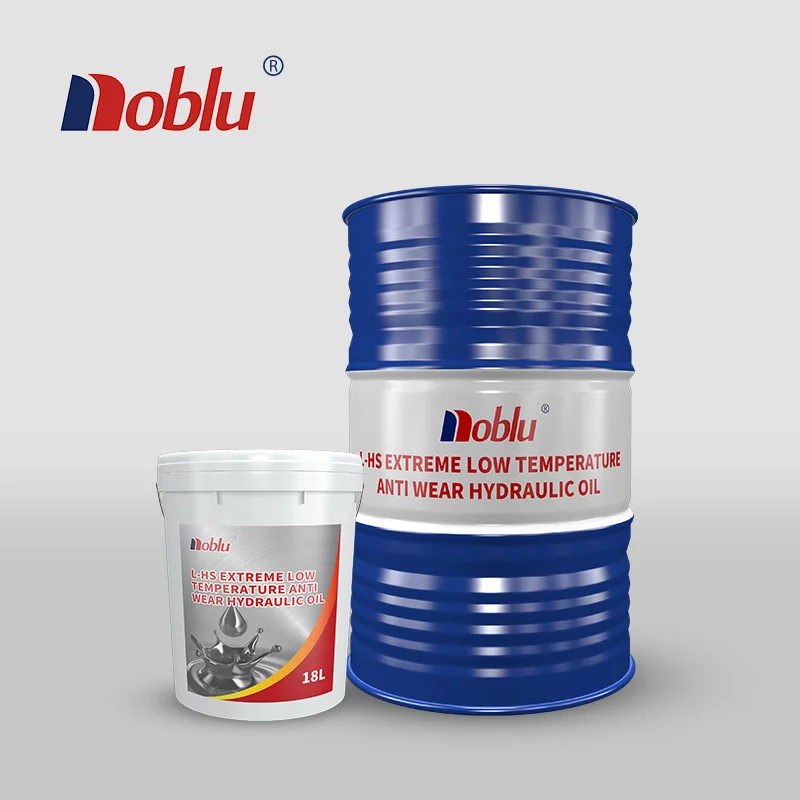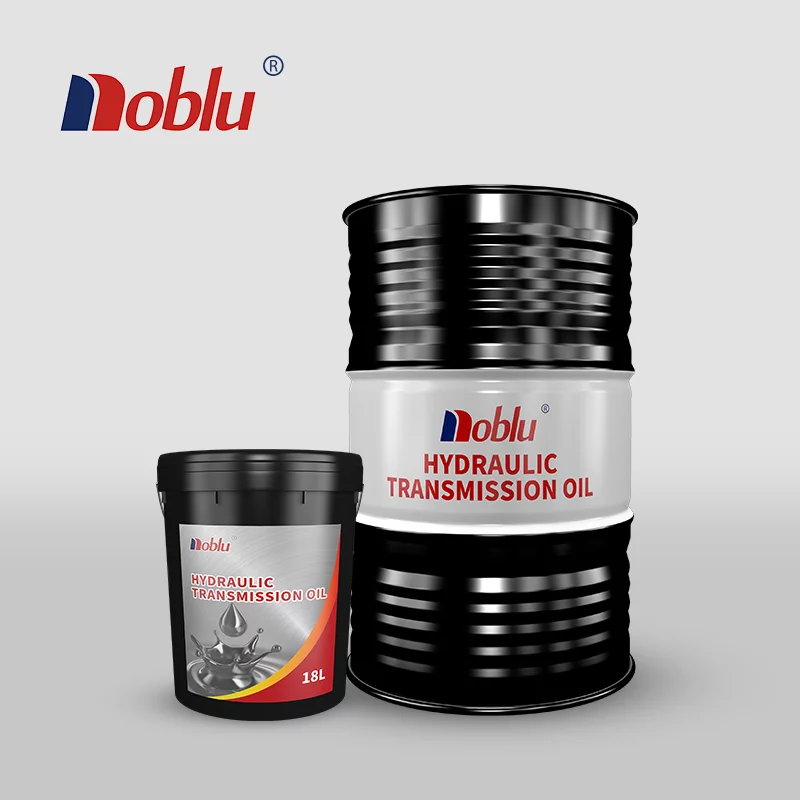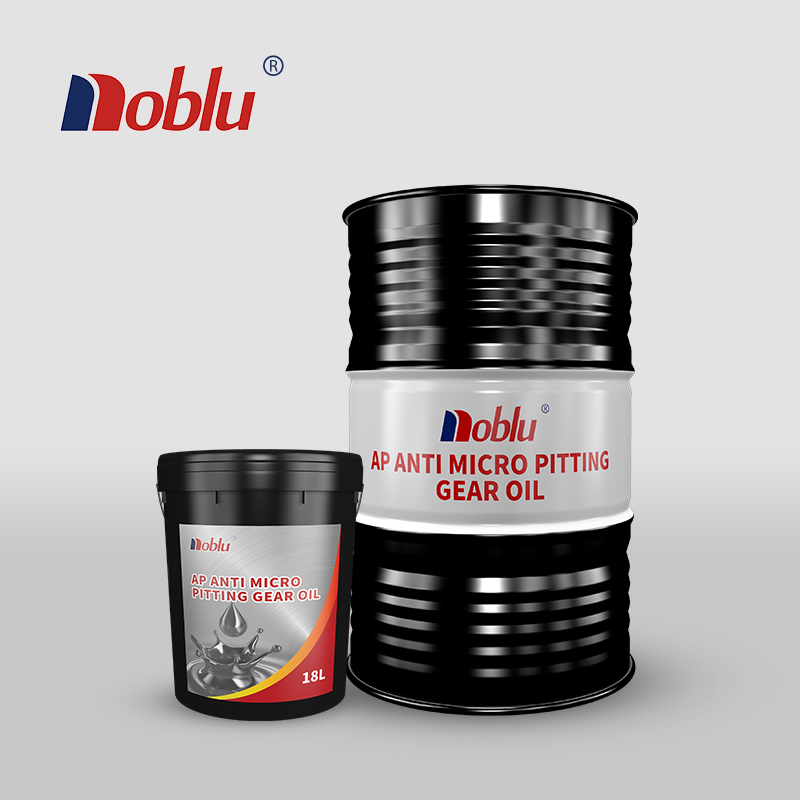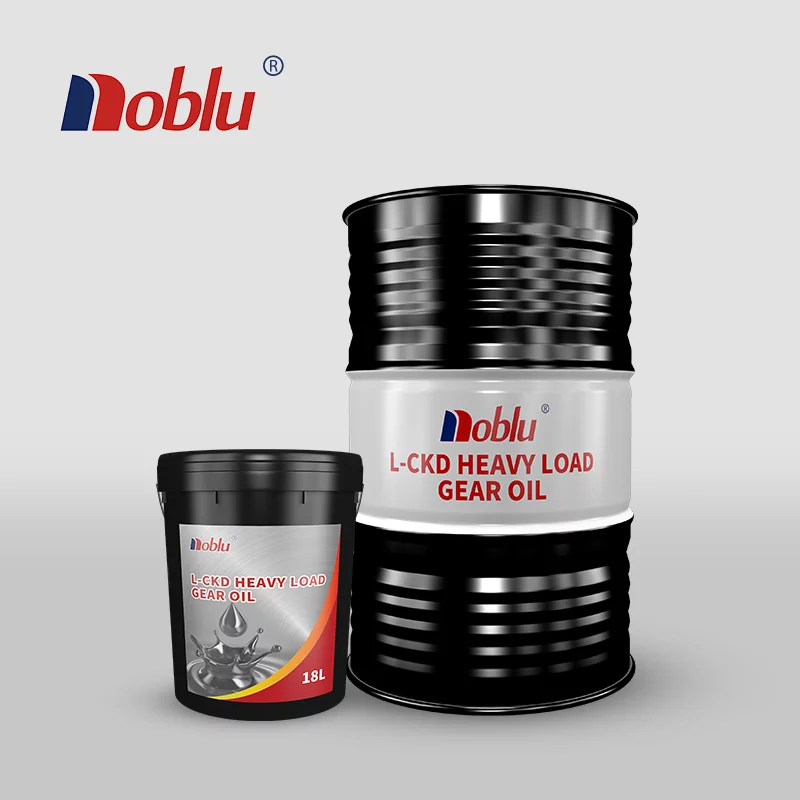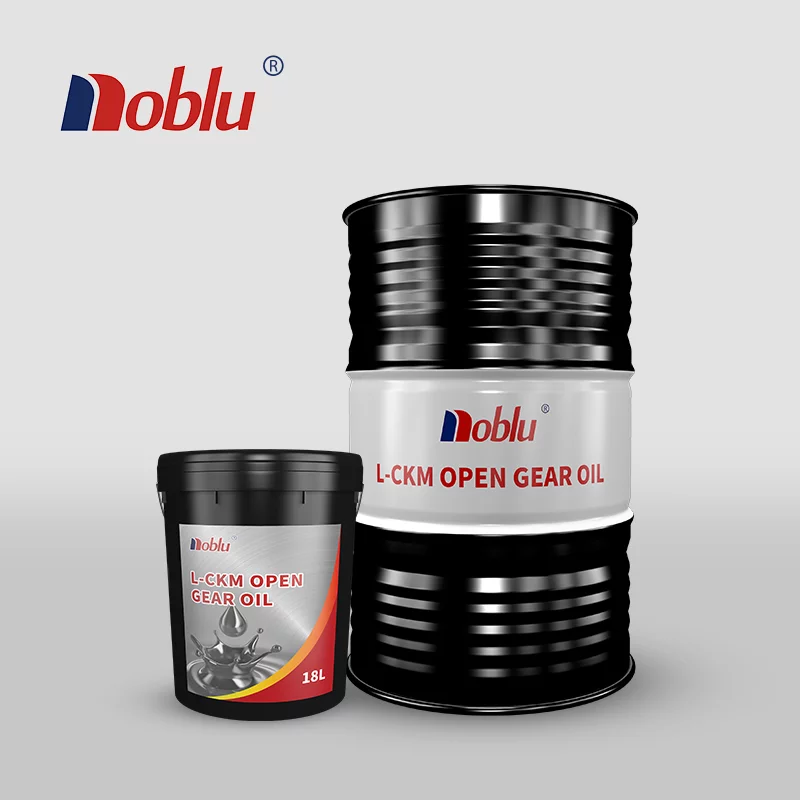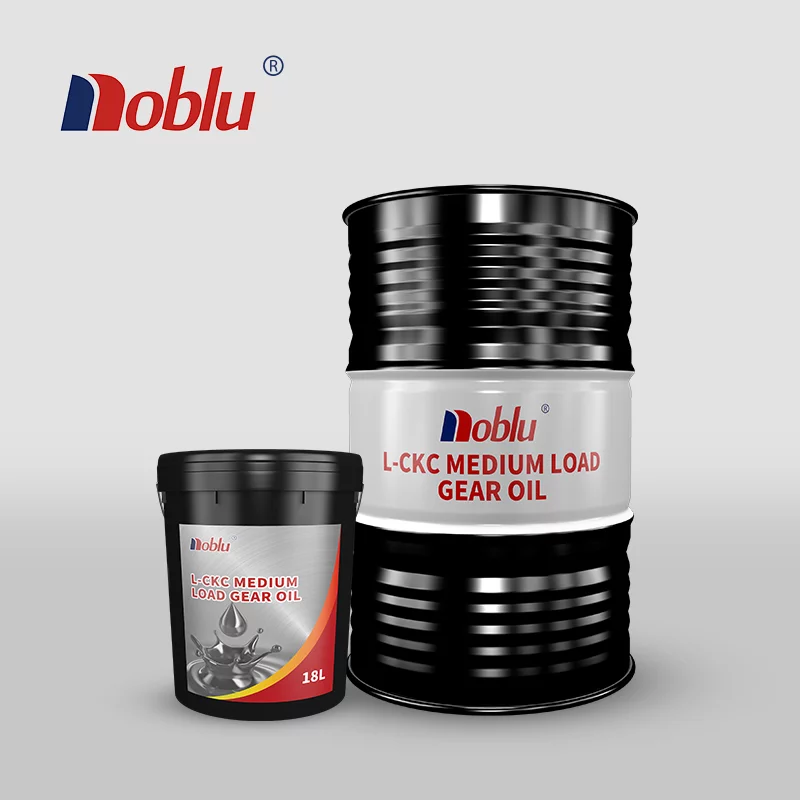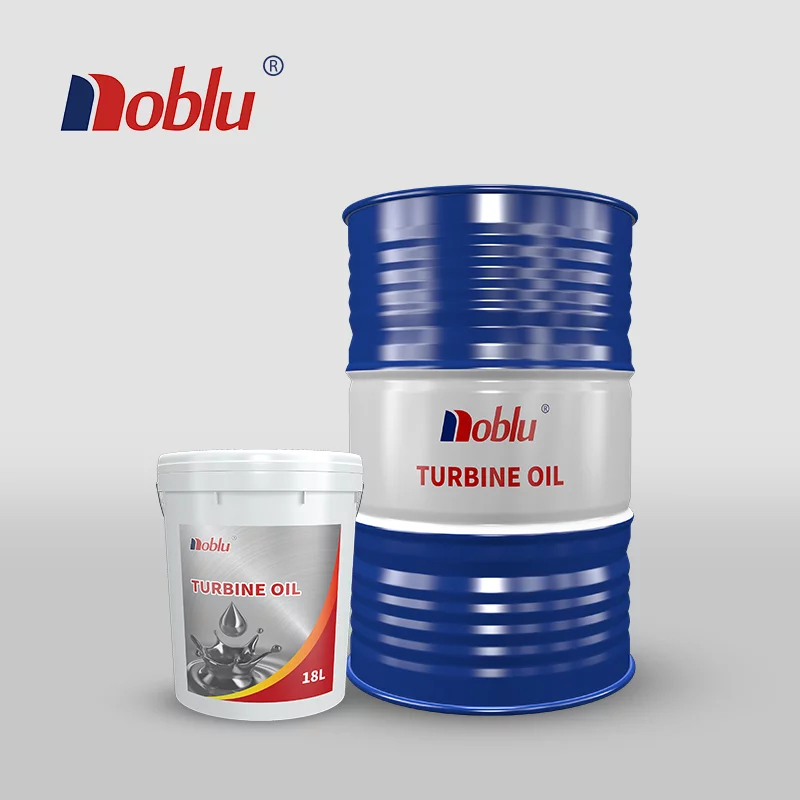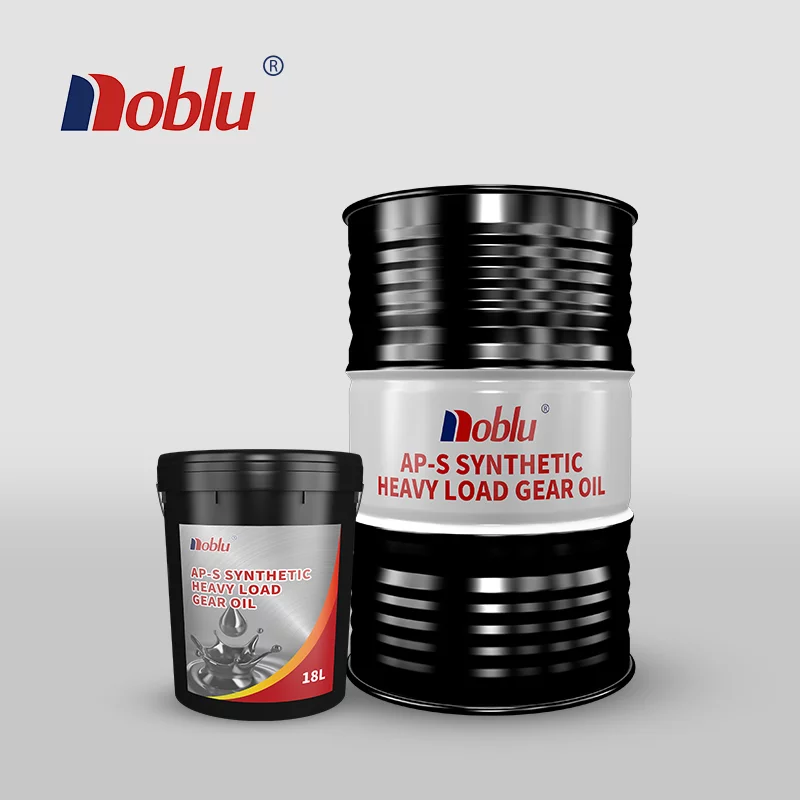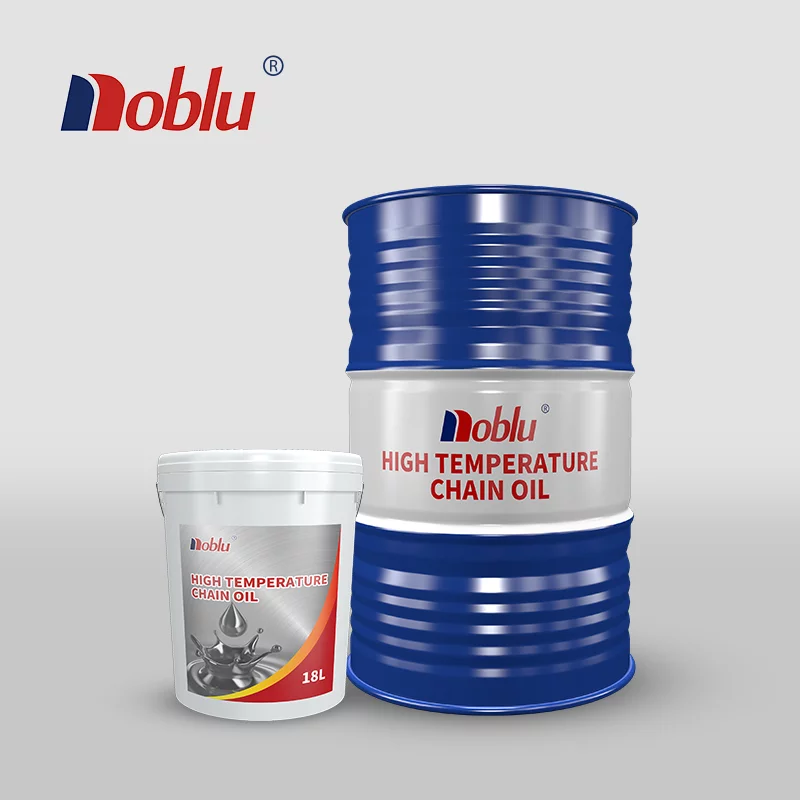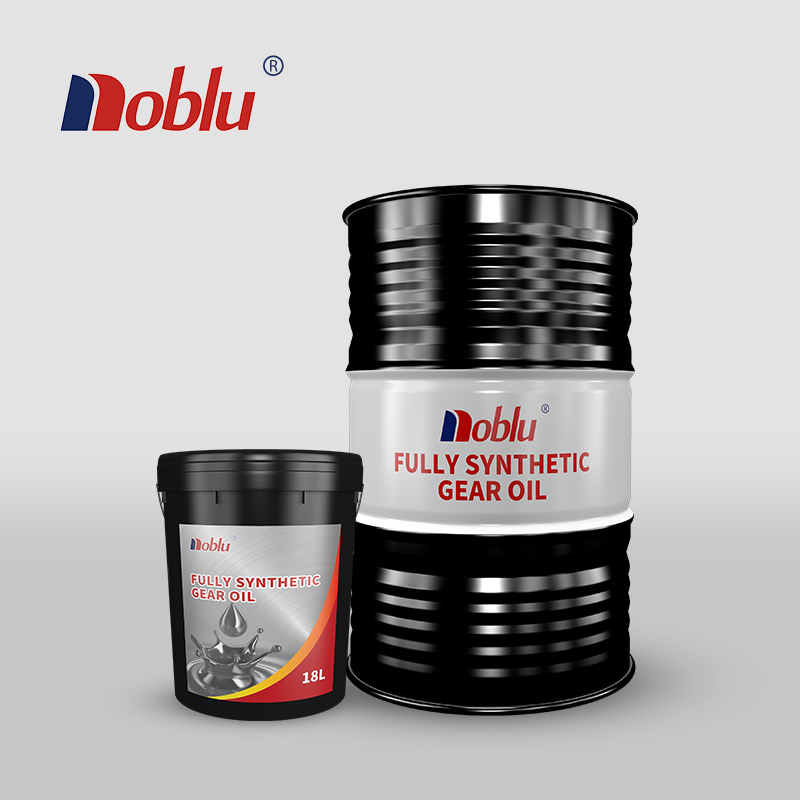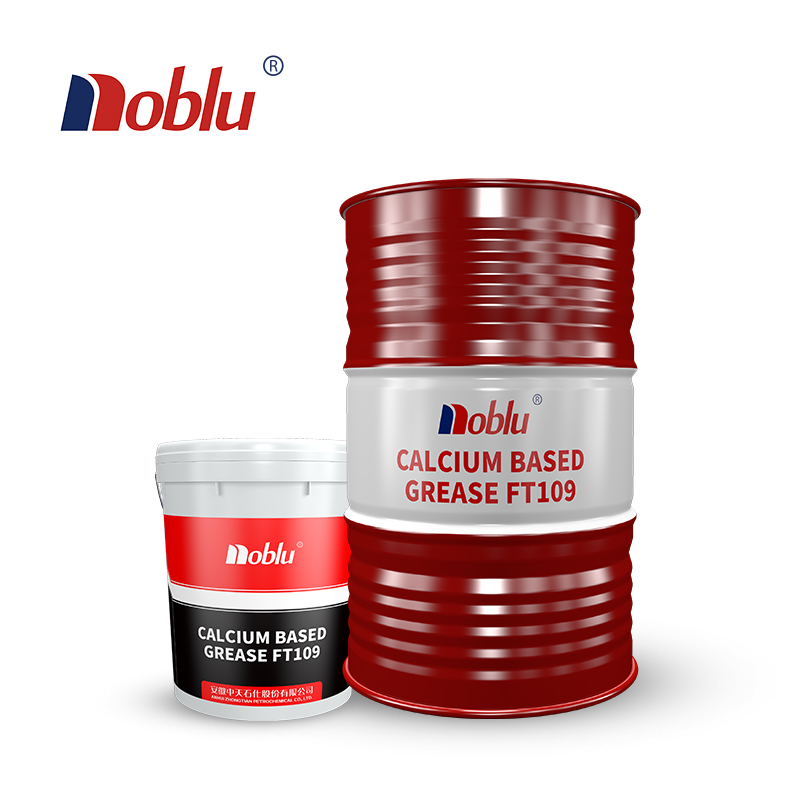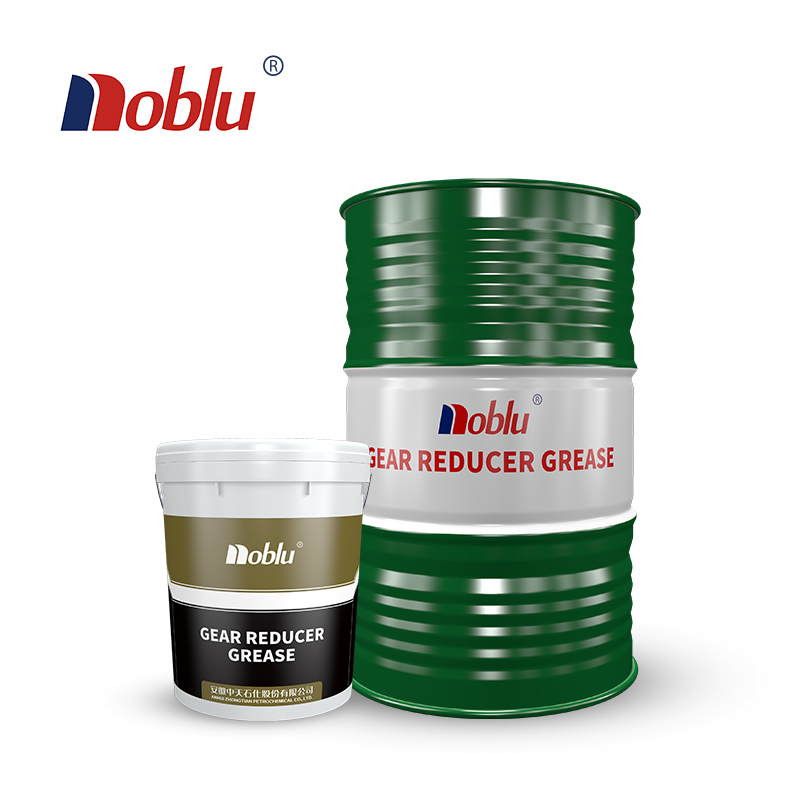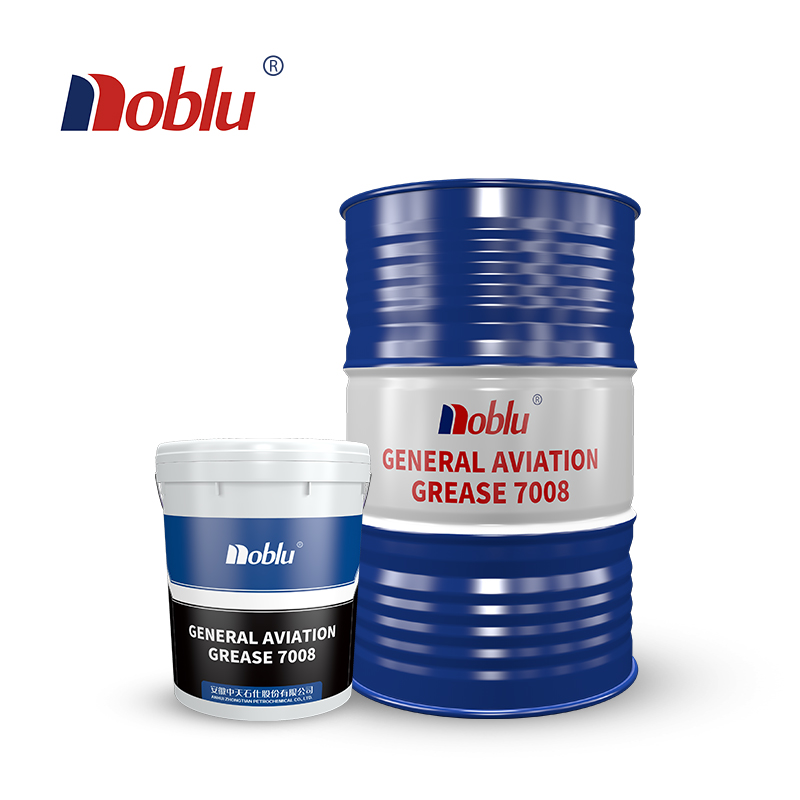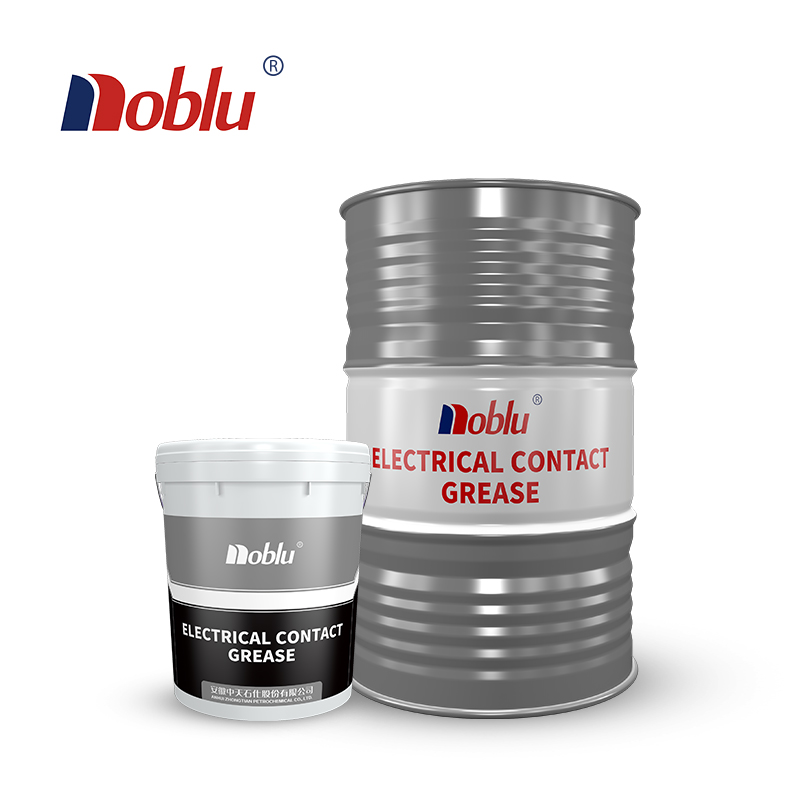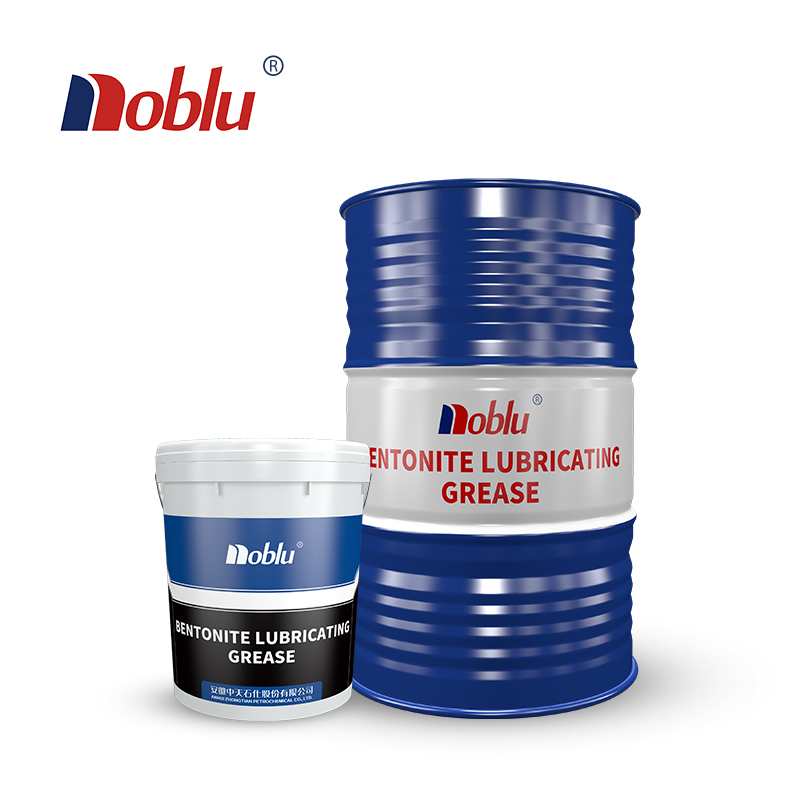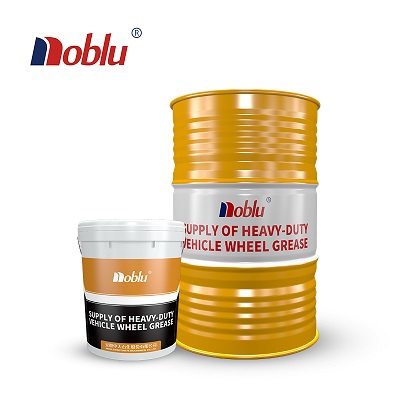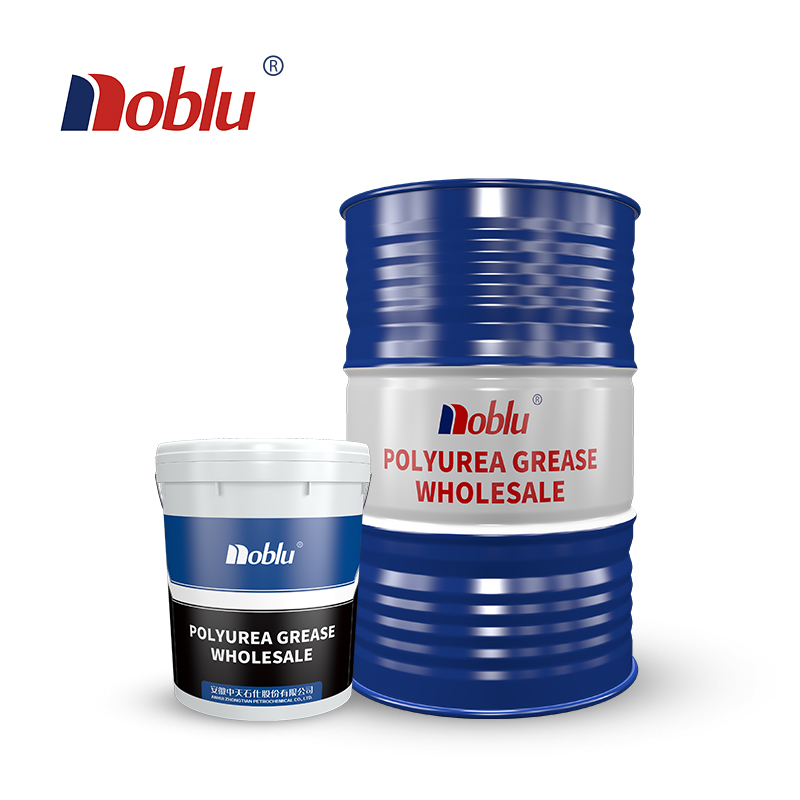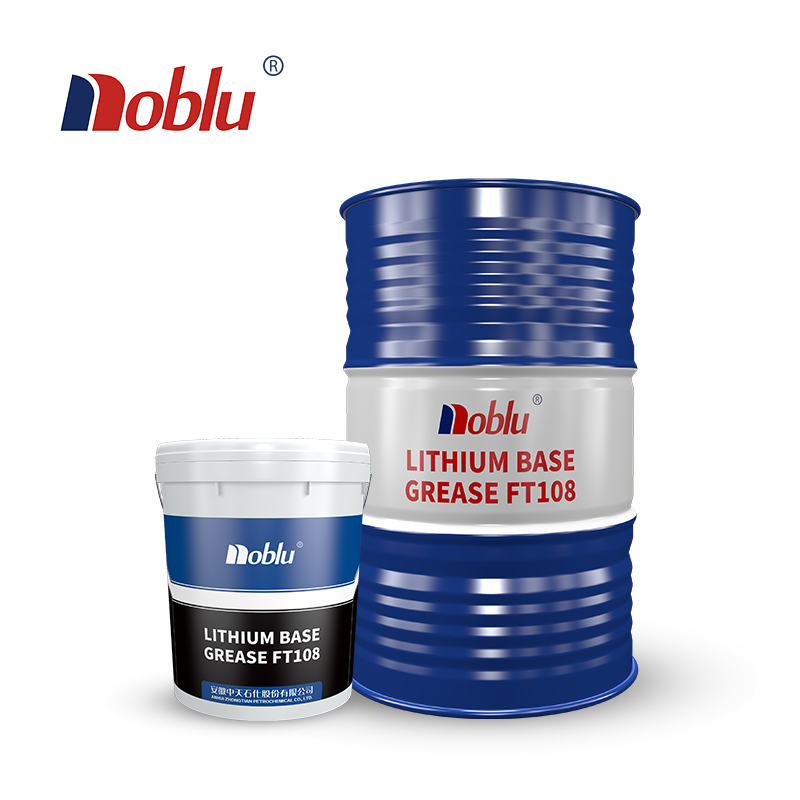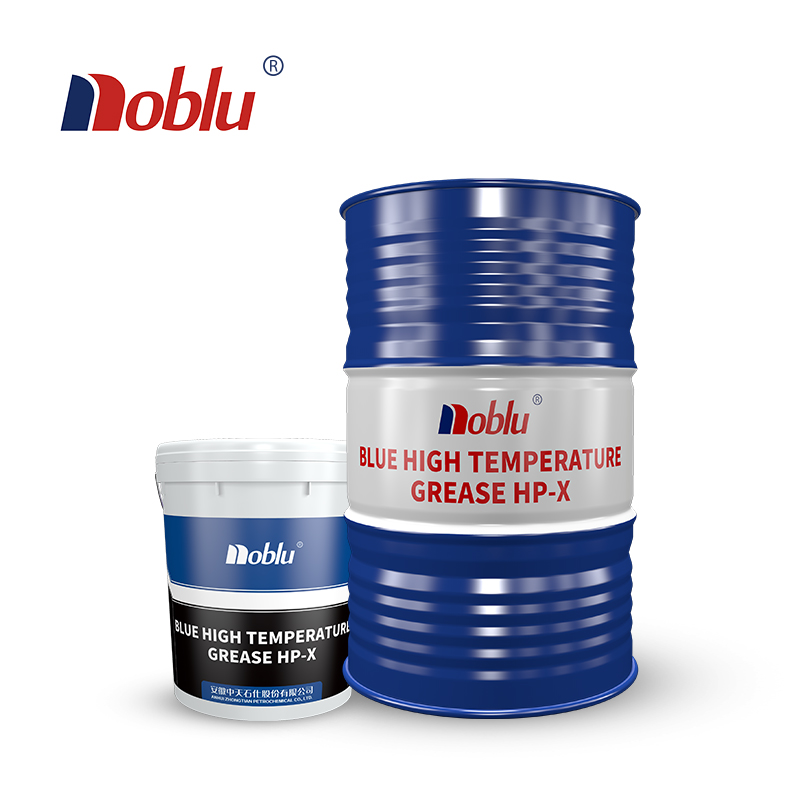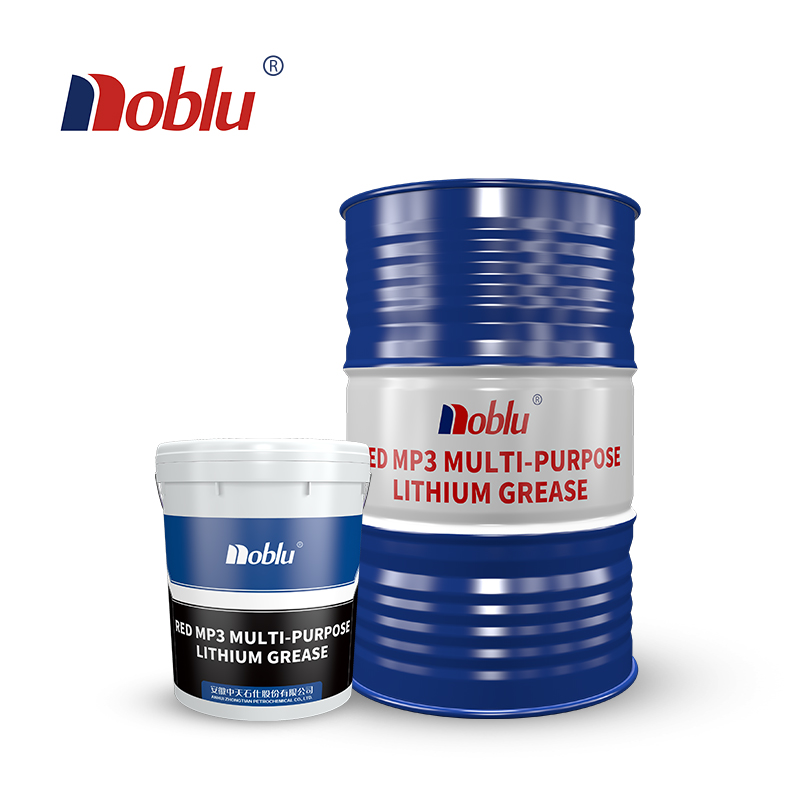اللزوجة هي أحد أهم العوامل التي تحدد فعالية مواد التشحيم. وهي تشير إلى السُمك أو مقاومة التدفق في السائل، وتلعب دورًا مهمًا في أداء المحركات والآلات. سواء كان ذلك زيت تشحيم صناعي, زيت تشحيم السيارات، أو زيت ضاغط الهواءيمكن أن تؤثر اللزوجة بشكل كبير على مدى كفاءة تشغيل المحرك. في هذه المقالة، سنستكشف كيف يمكن للتغيرات في لزوجة مادة التشحيم أن تؤثر على أداء المحرك وأهمية اختيار مادة التشحيم المناسبة لمعداتك.
1. تأثير اللزوجة الزائدة للزيوت
عندما تكون لزوجة مادة التشحيم عالية جدًا، فقد يتسبب ذلك في حدوث العديد من المشكلات التي تؤثر على أداء المحرك:
1.1 صعوبة في البداية
يجعل زيت التشحيم عالي اللزوجة من الصعب تشغيل المحرك، وخاصة في الظروف الباردة. عندما يبدأ المحرك، يجب أن يتغلب العمود المرفقي على المزيد من المقاومة بسبب الزيت السميك، مما يقلل من السرعة ويجعل المحرك بطيئًا في الدوران. يمكن أن يؤدي هذا إلى احتكاك جاف قصير المدى أو احتكاك شبه سائل، مما يزيد من التآكل على مكونات المحرك المهمة.
1.2 تقليل الطاقة
تعني اللزوجة المتزايدة أن المحرك يجب أن يعمل بجهد أكبر للتغلب على الاحتكاك الداخلي للزيوت السميكة. يؤدي هذا الجهد الإضافي إلى انخفاض في ناتج الطاقة الفعال للمحرك. سواء كنت تستخدم زيت تشحيم السيارات في محرك السيارة أو زيت تشحيم صناعي في معدات التصنيع، تؤدي اللزوجة الزائدة إلى تقليل الكفاءة.
1.3 زيادة استهلاك الوقود
نظرًا لأن هناك حاجة إلى مزيد من الطاقة للتغلب على الاحتكاك، فإن المحركات ذات الزيت عالي اللزوجة تميل إلى استهلاك المزيد من الوقود. يعمل المحرك بجهد أكبر للحفاظ على السرعة، مما يؤدي إلى زيادة استهلاك الوقود. في المركبات التي تستخدم زيت تشحيم السياراتوهذا يؤدي إلى تكاليف تشغيلية غير ضرورية.
1.4 تأثير التبريد الضعيف
تتدفق زيوت التشحيم عالية اللزوجة بشكل أبطأ، مما قد يقلل من سرعة دوران الزيت في جميع أنحاء المحرك. ونتيجة لذلك، يكافح الزيت لتبديد الحرارة بشكل فعال، مما قد يؤدي إلى ارتفاع درجة الحرارة. وهذا يمثل مشكلة خاصة للآلات والمحركات عالية الأداء التي تستخدم زيت ضاغط الهواءحيث يعد الحفاظ على درجة الحرارة المثالية أمرًا ضروريًا للتشغيل السلس.
1.5 ضعف تأثير التنظيف
كما يقوم زيت التشحيم بوظيفة مهمة تتمثل في تنظيف أجزاء المحرك. فإذا كانت اللزوجة عالية جدًا، يتحرك الزيت ببطء أكبر ويمر عبر الفلتر بشكل أقل تكرارًا. وهذا يعني أنه أقل فعالية في إزالة الشوائب، مثل جزيئات الكربون أو الرقائق المعدنية، مما قد يؤدي إلى ضعف النظافة وتآكل أسرع لأجزاء المحرك.
2. تأثير اللزوجة المنخفضة جدًا للزيوت
من ناحية أخرى، إذا كانت لزوجة مادة التشحيم منخفضة للغاية، فقد يكون لها أيضًا تأثير ضار على أداء المحرك:
2.1 يتم تدمير طبقة الزيت بسهولة
لا يشكل زيت التشحيم ذو اللزوجة المنخفضة طبقة زيت قوية بما يكفي على أسطح الاحتكاك. ونتيجة لذلك، يمكن تدمير طبقة الزيت بسهولة في ظل ظروف الضغط العالي، وخاصة في درجات الحرارة المرتفعة. وهذا يزيد من التآكل على مكونات المحرك، حيث قد تتلامس الأجزاء المعدنية بشكل مباشر دون تزييت كافٍ. وهذا أمر يثير القلق لكل من زيت تشحيم السيارات و زيت تشحيم صناعيحيث تكون نقاط الاحتكاك العالية شائعة.
2.2 انخفاض أداء الختم
قد لا توفر زيوت التشحيم ذات اللزوجة المنخفضة أداء الختم اللازم لأداء المحرك على النحو الأمثل. في المحرك، يساعد الزيت في سد الفجوات بين جدران الأسطوانة وحلقات المكبس. إذا كانت لزوجة الزيت منخفضة للغاية، فقد يؤدي ذلك إلى تسرب الأسطوانة، مما يقلل من قوة المحرك. بالإضافة إلى ذلك، يمكن للملوثات مثل الأوساخ أو الغبار أن تدخل إلى علبة المرافق بسهولة أكبر، مما يؤدي إلى تخفيف الزيت وتلوثه.
2.3 زيادة تآكل المحرك
يمكن أن يؤدي استخدام زيوت التشحيم منخفضة اللزوجة أيضًا إلى عدم تغطية الأجزاء المتحركة بشكل كافٍ، مما يؤدي إلى تآكلها بشكل أسرع. ستتدهور الأجزاء التي لا يتم تشحيمها بشكل صحيح بشكل أسرع، مما قد يؤدي في النهاية إلى تقصير عمر المحرك. لهذا السبب من الضروري اختيار اللزوجة الصحيحة للمحركات والآلات، سواء للمركبات أو المركبات التجارية. زيت تشحيم السيارات أو زيت ضاغط الهواء.
3. كيفية اختيار اللزوجة الصحيحة للزيوت
إن مفتاح ضمان الأداء الأمثل للمحرك وطول عمره هو اختيار اللزوجة المناسبة للزيوت. تعتمد اللزوجة المناسبة على عدة عوامل، بما في ذلك:
3.1 مواصفات المحرك
تم تصميم كل محرك للعمل بنطاق محدد من اللزوجة. راجع توصيات الشركة المصنعة لتحديد درجة الزيت المثالية لمحركك. على سبيل المثال، زيت تشحيم السيارات متوفر بدرجات مختلفة، مثل 5W-30، أو 10W-40، أو 20W-50، اعتمادًا على احتياجات المحرك.
3.2 ظروف التشغيل
البيئة التي تعمل فيها المعدات هي عامل حاسم آخر. إذا تعرض المحرك لدرجات حرارة شديدة، سواء كانت ساخنة أو باردة، فقد يتطلب لزوجة مختلفة للحفاظ على التزييت المناسب. على سبيل المثال، زيت ضاغط الهواء تمت صياغته ليعمل بشكل جيد تحت الضغوط العالية ودرجات الحرارة المرتفعة التي نراها عادة في الضواغط.
3.3 نوع التطبيق
يؤثر نوع الآلات أيضًا على لزوجة الزيت. زيت تشحيم صناعي تحتاج آلات التصنيع إلى تحمل الأحمال الثقيلة ودرجات الحرارة المرتفعة وساعات التشغيل الطويلة، لذا قد تكون هناك حاجة إلى زيت عالي اللزوجة. من ناحية أخرى، قد تتطلب محركات السيارات زيوتًا ذات لزوجة أقل لبدء تشغيل أكثر سلاسة في البرد وكفاءة أفضل في استهلاك الوقود.
3.4 نوع الزيت
تختلف أنواع الزيوت المختلفة في اللزوجة. الزيوت الاصطناعية بالكامل، مثل تلك المستخدمة في زيت تشحيم السياراتغالبًا ما توفر الزيوت المعدنية أداءً أفضل عبر نطاق واسع من درجات الحرارة، في حين قد تعمل الزيوت المعدنية بشكل أفضل ضمن نطاق أضيق من درجات الحرارة.
تعتبر لزوجة مادة التشحيم عاملاً حاسماً يؤثر بشكل مباشر على أداء المحرك. سواء كنت تستخدم زيت تشحيم السيارات, زيت تشحيم صناعي، أو زيت ضاغط الهواءمن المهم اختيار اللزوجة الصحيحة لضمان تشغيل المحرك بسلاسة وكفاءة ويدوم لفترة أطول.
يمكن أن تؤدي اللزوجة العالية جدًا أو المنخفضة جدًا إلى مشكلات مختلفة في الأداء، بما في ذلك صعوبة بدء التشغيل، وفقدان الطاقة، وزيادة استهلاك الوقود، وتآكل المحرك. راجع دائمًا إرشادات الشركة المصنعة لاختيار مادة التشحيم المناسبة لمحركك وظروف التشغيل. من خلال اختيار اللزوجة المناسبة، يمكنك تجنب الإصلاحات المكلفة، وتحسين أداء المحرك، وزيادة عمر معداتك.
للحصول على جودة عالية زيت تشحيم السيارات, زيت تشحيم صناعي، و زيت ضاغط الهواء, توجه إلى Anhui Zhongtian Petrochemical. تم تصميم زيوت التشحيم لدينا لتلبية الاحتياجات المحددة لمحركك وآلاتك، مما يضمن الأداء الأمثل وطول العمر. قم بزيارة www.ztshoil.com للتعرف على المزيد حول مجموعتنا من زيوت التشحيم وإيجاد الحل المناسب لاحتياجاتك.

